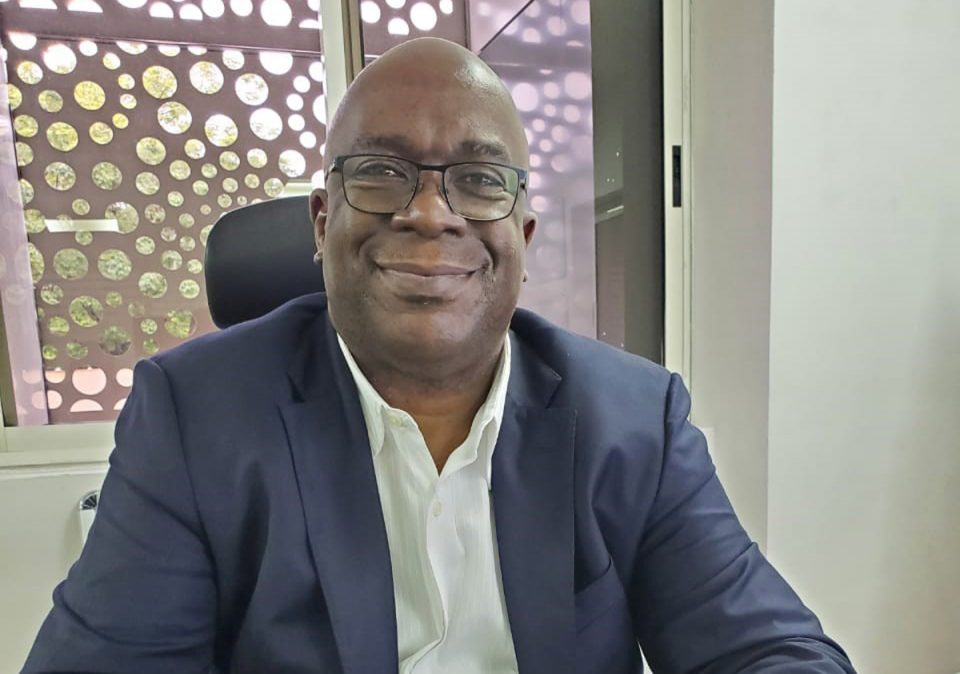Let me start this essay in this manner…and please, be patient with me, I make good my word that it would be worth reading.
A young and pretty lady posted this on a popular forum:
Title: What should I do to marry a rich guy?
I’m going to be honest about what I’m going to say here. I’m 25 this year. I’m very pretty, have style and good taste. I wish to marry a guy with a $500k annual salary or above. You might say that I’m greedy, but an annual salary of $1m is considered only middle-class in New York.
My requirements are not high. Is there anyone in this forum who has an income of $500k annual salary? Are you all married? I wanted to ask: What should I do to marry rich people like you?
Among those I’ve dated, the richest is a $250k annual income, and it seems that this is my upper limit. If someone is going to move into a high-cost residential area west of New York City Garden(?), a $250k annual income is not enough.
I’m here humbly to ask a few questions:
1) Where do most rich bachelors hang out? (Please list down the names and addresses of bars, restaurants, and gyms)
2) Which age group should I target?
3) Why are most wives of the rich only average-looking? I’ve met a few girls who don’t have looks and are not interesting, but they are able to marry rich guys.
4) How do you decide who can be your wife, and who can only be your girlfriend? (My target now is to get married) _ Ms. Pretty
A philosophical reply from the CEO of J.P. Morgan:
Dear Ms. Pretty,
I have read your post with great interest. Guess there are lots of girls out there who have similar questions like yours. Please allow me to analyse your situation as a professional investor.
My annual income is more than $500k, which meets your requirements, so I hope everyone believes that I’m not wasting time here. From the standpoint of a business person, it is a bad decision to marry you. The answer is very simple, so let me explain.
Put the details aside, what you’re trying to do is an exchange of “beauty” and “money”: Person A provides beauty, and Person B pays for it, fair and square.
However, there’s a deadly problem here, your beauty will fade, but my money will not be gone without any good reason. The fact is, my income might increase from year to year, but you can’t be prettier year after year.
Hence from the viewpoint of economics, I am an appreciation asset, and you are a depreciation asset. It’s not just normal depreciation, but exponential depreciation. If that is your only asset, your value will be much worse 10 years later.
By the terms we use in Wall Street, every trading has a position, dating with you is also a “trading position”.
If the trade value dropped, we will sell it and it is not a good idea to keep it for the long term – same goes with the marriage that you wanted. It might be cruel to say this, but in order to make a wiser decision any assets with great depreciation value will be sold or “leased”.
Anyone with over $500k annual income is not a fool; we would only date you, but will not marry you. I would advise that you forget to look for any clues to marry a rich guy. And by the way, you could make yourself a rich person with a $500k annual income. This has a better chance than finding a rich fool.
Hope this reply helps.
Signed, J.P. Morgan CEO
Here is my drift, in a manner reminiscent of a seasoned investor, the CEO weighed the lady’s scenario. He acknowledged her expectations but drew a remarkable parallel between her quest for a wealthy partner and the dynamics of economics and investment. His response, eloquent and insightful, resonated with a metaphor that encapsulated a deeper truth about the challenges faced by not just individuals, but by nations like Nigeria in their pursuit of greatness.
The CEO pointed out that while her beauty may be an asset today, it is subject to the inexorable passage of time. Beauty, much like a depreciating asset, loses its lustre over time, while the wealth she sought to attract would ideally grow. He framed himself as an “appreciation asset” – someone whose value might increase with time due to his growing income. The lady, on the other hand, represented a “depreciation asset,” whose value would decline over time. From this standpoint, the CEO reasoned that marrying someone seeking only material wealth could result in diminished value for her in the long run.
Drawing parallels to the Nigerian context, we can see a metaphorical reflection of why the nation has faced challenges in realising its full potential. Just as the lady’s focus on material gain might lead to unfulfilling relationships, Nigeria’s fixation on immediate gains – often at the expense of long-term sustainable development – can hinder its progress.
The question of why Nigeria has faced challenges in achieving its full potential as a nation is complex and multifaceted like the lady. It’s important to note that while Nigeria faces significant challenges, it also possesses immense potential and has achieved notable successes in various areas.
There is the lion called corruption, a long-standing issue in Nigeria, affecting various sectors including politics, business, and public services. It has hindered the efficient use of resources and eroded trust in institutions. Poor governance comes a close second, inefficient governance and inadequate leadership have led to mismanagement of resources, lack of accountability, and ineffective policies.
Where are you from, is the ethnic parapoism, and with religious jingoism as a companion, our diverse ethnic and religious landscape has at times resulted in conflicts and tensions hindering social cohesion and political stability.
Our economic inequality with high levels of poverty, leading to limited access to quality education, healthcare, and other essential services for a significant portion of the population, ‘wahala dey’ in portable’s voice. High levels of youth unemployment have led to frustration among young people and the potential for social unrest. Lack of job opportunities continues to limit the country’s economic growth potential.
Have you seen the National Stadium in Abuja, or that in Lagos, inadequate Infrastructure, Insufficient infrastructure including roads, power supply, and transportation networks, continue to impede economic growth and development?
Meanwhile, Nigeria has continued to grapple with various security challenges, including insurgency, banditry, and communal conflicts deterring investment, disrupting economic activities, and undermining social stability. Minus a poor education system, healthcare challenges, political instability, environmental issues and more.
Nigeria, like the lady, has potential – abundant resources, a diverse population, and a rich cultural heritage. Yet, its overemphasis on short-term gains, corruption, and divisive politics can lead to “depreciation” in the form of inadequate infrastructure, lack of social cohesion, and economic disparities.
Just as the CEO advised the lady to focus on becoming a “rich person” rather than searching for a “rich fool,” Nigeria’s path to greatness lies in investing in education, innovation, infrastructure, and social harmony.
The metaphor of investment presented in this exchange reflects the challenges of a society seeking greatness through materialistic pursuits, overlooking the importance of sustainable growth and holistic development. By heeding the CEO’s advice and transitioning from being a “depreciation asset” to an “appreciation asset,” Nigeria can work toward becoming a truly great nation – one that appreciates its cultural diversity, invests in its people and embraces sustainable progress over fleeting gains—May Nigeria win!
By Prince Charles Dickson PhD, Team Lead, The Tattaaunawa Roundtable Initiative (TRICentre)*




